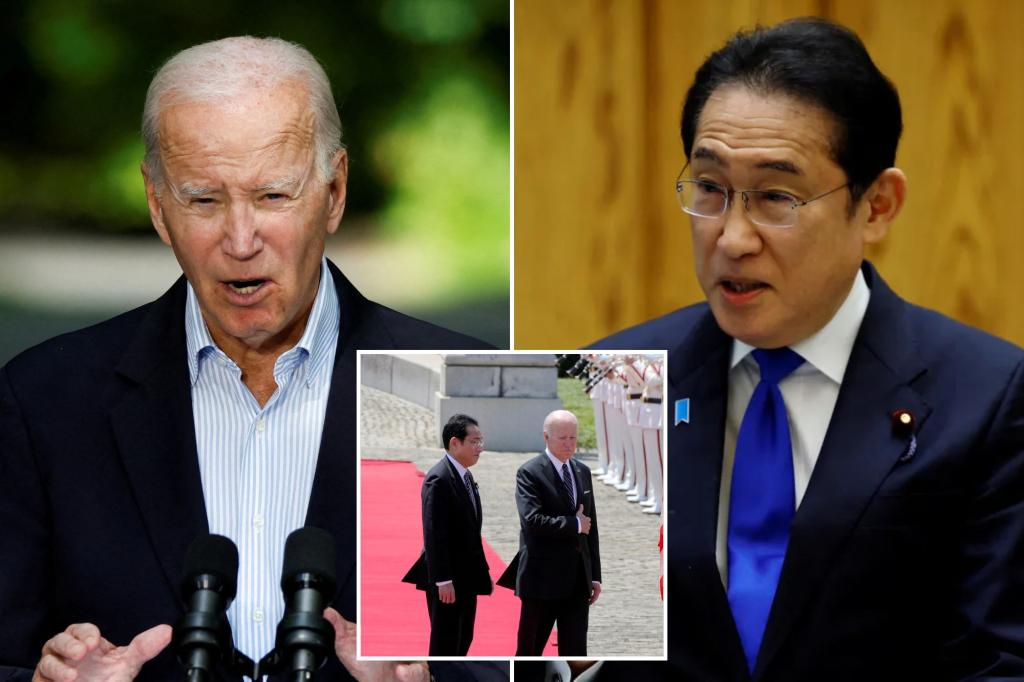President Joe Biden is looking to revive interest in the first high-speed rail project in the US, using Japanese bullet trains. He is expected to discuss this project with Japan’s prime minister during his state visit to Washington, aiming to solidify closer security and economic ties between the two allies. The project in question is a multi-billion-dollar high-speed rail link between Dallas and Houston, which is estimated to cost between $25 billion and $30 billion.
While the leaders may publicly voice support for the project, it has not yet matured to the point where progress can be officially announced. The project could potentially access new funding from the Federal Railroad Administration and other Department of Transportation funds, but it still faces potential hurdles in Texas and the US Congress. Transportation Secretary Pete Buttigieg has expressed support for the plan, highlighting the need for a more specific design and vision before moving forward.
The United States has seen multiple high-speed rail proposals, but none have ever come to fruition, mainly due to political disputes, land ownership issues, and increasing costs. The potential high-speed rail link between Houston and Dallas has been discussed since the 1980s, with previous efforts being halted by private landowners along the route. President Biden and Prime Minister Kishida’s support for the project is seen as crucial in attracting private investors to green-light the plan.
The 240-mile-long rail link, operated by Texas Central Partners and Amtrak, is expected to reduce travel times between Dallas and Houston to about 90 minutes from the current 3-1/2 hours by car. Japanese state lenders have provided loans to develop the project, which will utilize shinkansen bullet train technology from Central Japan Railways Company. Progress with the high-speed rail project would align with the Biden administration’s focus on climate-friendly policies and investments in rail infrastructure.
Despite potential criticism from hardline Republican lawmakers who have historically opposed public funding for rail projects, the Biden administration sees the high-speed rail project as a win in promoting job creation and addressing inflation pressures. This support comes as Biden is set to face Donald Trump in a presidential election rematch later this year, with the economy being a top concern for voters. The potential nod of support from the leaders for the high-speed rail project follows Biden’s opposition to Nippon Steel’s plan to acquire US Steel Corp, emphasizing the need to keep the latter in US hands.


